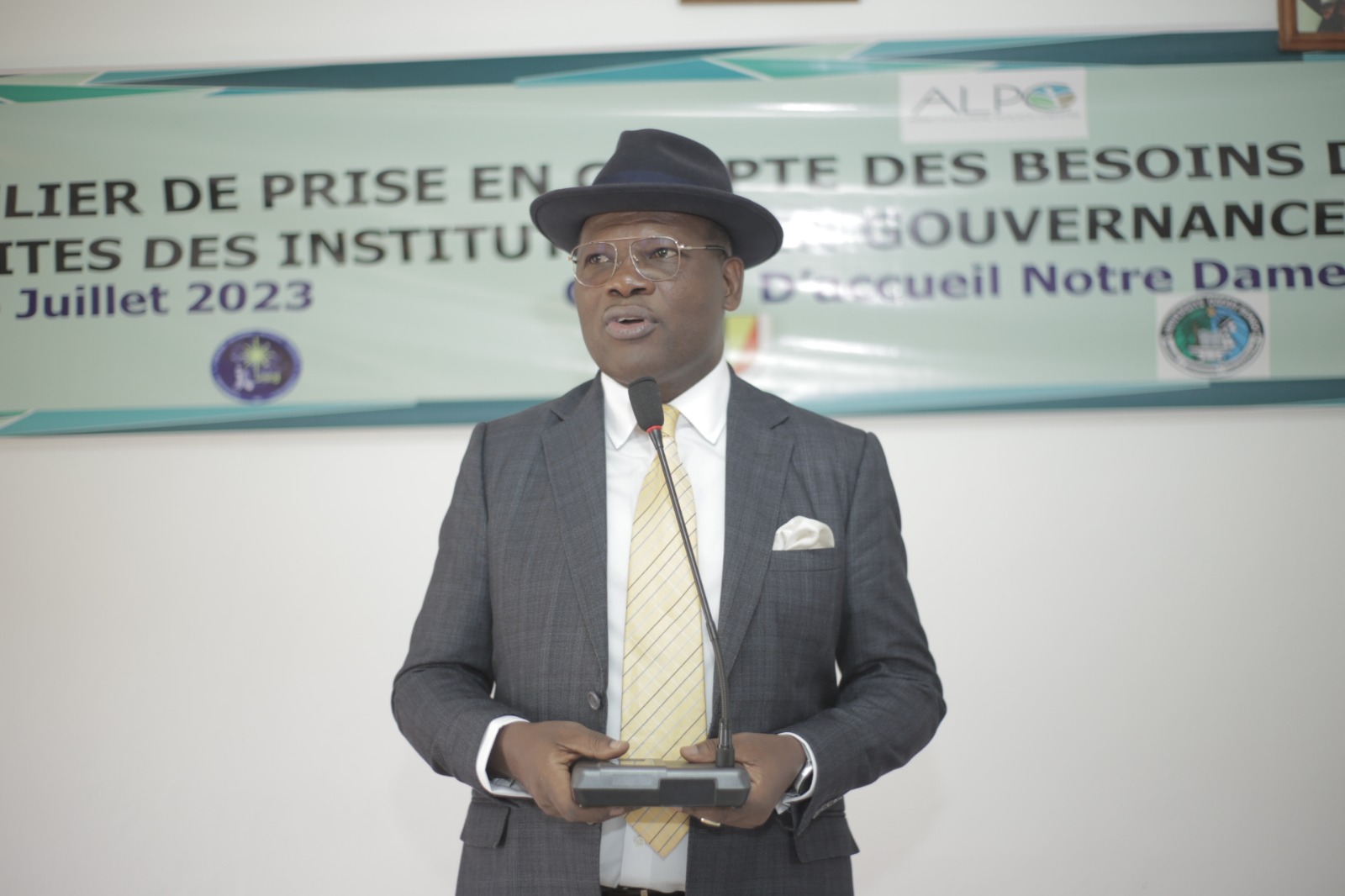Recap: Development of Capacity Building Needs for Land Institutions in Cameroon

From July 5th to July 6th, 2023, the Network of Excellence on Land Governance in Africa (NELGA) organized a two-day workshop in Mbalmayo, Cameroon, to address the needs of land governance institutions in the country. The workshop took place at the Centre D’accueil Notre Dame Du Perpétuel Secours de Mbalmayo and brought together various state institutions working on land issues, including the Ministry of Lands, Cadastre, and Land Affairs (MINDCAF), Ministry of Livestock, Fisheries, and Animal Industries of Cameroon (MINEPIA), Ministry of Forests and Wildlife (MINFOF), and others. Also present were academics from several universities, representatives from civil society organizations, technical and financial partners, and the NELGA Central Africa coordination team.
The main objectives of the workshop were to introduce NELGA, its vision, objectives, and activities, present the activities of the participating institutions related to land governance, identify and collect their capacity-building needs, present the NELGA focal points and their roles, and explore collaboration opportunities between these institutions and NELGA.
The workshop included plenary sessions and individual work sessions. During the plenary session, NELGA was presented in detail, highlighting its achievements and ongoing activities. The roles of the focal points within the administrations were clarified, emphasizing their roles as liaisons, facilitators, mediators, and sources of information.
During the individual work sessions, each institution presented the activities they have implemented related to land, the challenges faced during their implementation, and the identified capacity-building needs. The information gathered from these sessions allowed a better understanding of the ongoing activities and identified the capacity-building needs in land matters to help Cameroon contribute effectively to the implementation of the African Union land agenda.
The main identified capacity-building needs include basic knowledge about the historical land regime and its application to different sectors, understanding the laws and legal documents governing land and domain in Cameroon, modern cadastral techniques and archiving of land documents at the local level, traditional, administrative, and judicial conflict resolution procedures based on conflict typology, reinforcement of expertise in land disputes and land law, particularly focusing on securing customary rights, and strengthening advocacy skills among traditional leaders, parliamentarians, and rural communities.
The workshop also highlighted potential synergies, particularly with MINDCAF, which could serve as an information and training hub for land policy and legislation in Cameroon.
This workshop marks an important step in strengthening NELGA’s presence in Cameroon and enhancing collaboration and coordination among land institutions in the country. The results obtained and the future prospects offer a promising path towards realizing NELGA’s vision in Central Africa, particularly in Cameroon.